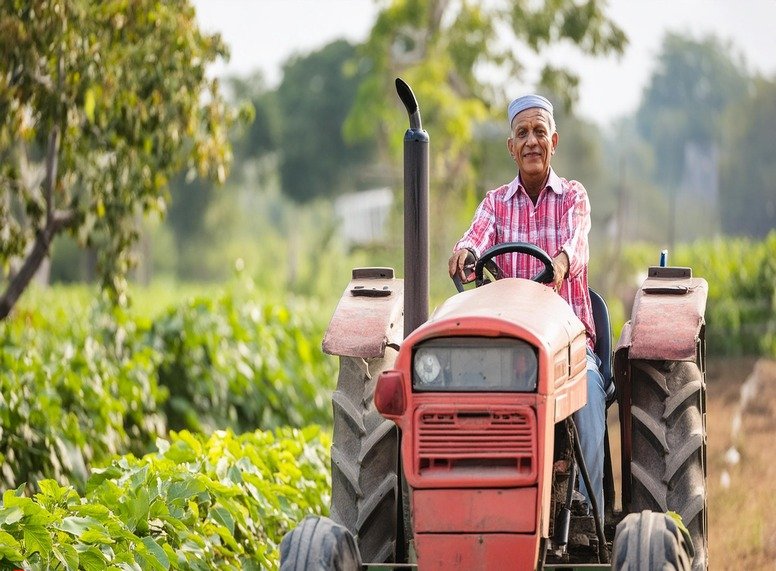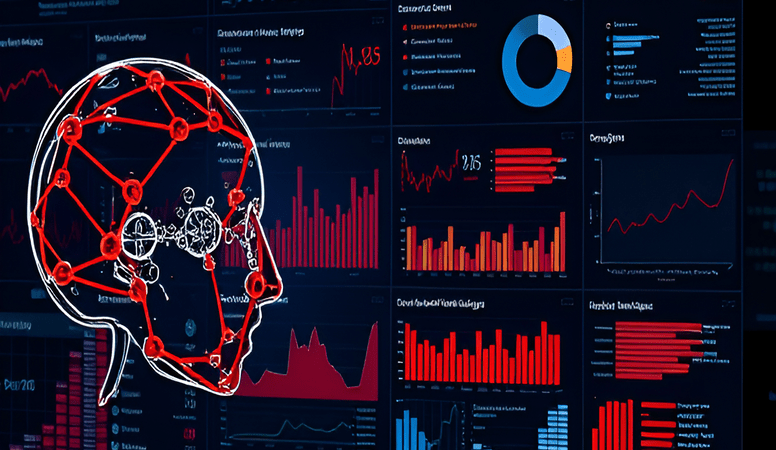Artificial Intelligence (AI) is transforming agriculture by enhancing productivity, sustainability, and efficiency. By leveraging AI-driven tools like drones, sensors, and data analytics, farmers can optimize crop health, irrigation, and yield predictions. This shift towards precision farming promises a more data-driven, sustainable, and profitable agricultural future.
What is Precision Farming?
Precision farming uses technology to improve crop yields, reduce waste, and minimize environmental impact. By collecting and analyzing data on soil conditions, weather patterns, and crop health, farmers can make more informed decisions.
How AI is Transforming Precision Farming
Crop Monitoring
AI algorithms analyze satellite imagery, drones, and sensors to monitor crop health, detecting signs of stress, disease, or pests early. This timely intervention protects crops and enhances yield.
Predictive Analytics
AI-powered predictive analytics forecast crop yields, disease outbreaks, and weather patterns. This helps farmers optimize planting, irrigation, and harvesting schedules, leading to better planning and resource use.
Smart Irrigation
AI systems analyze soil moisture levels, weather forecasts, and crop water requirements to optimize irrigation. This ensures efficient water use, promoting healthier plants and higher yields.
Precision Spraying
AI-driven precision spraying systems target pesticides and fertilizers precisely, reducing chemical use and environmental impact. This saves time and money while also promoting sustainable farming practices.
Predictive Analytics: Enhancing Crop Yield
AI processes large datasets to revolutionize crop yield predictions. Advanced models like Convolutional Neural Networks (CNN), Recurrent Neural Networks (RNN), and Random Forest algorithms consider various factors to provide accurate yield predictions. This helps farmers optimize operations and adapt to changing conditions.
Disease and Pest Detection: Early Warning Systems
AI’s early detection and diagnosis of crop diseases and pests are invaluable. Machine learning algorithms analyze plant images to identify diseases or pests accurately. For example, neural networks can detect apple scab with 95% accuracy. Timely alerts enable farmers to intervene early, minimizing crop losses and reducing pesticide use.
Benefits of AI in Agriculture
Increased Efficiency
AI streamlines farming operations, reduces manual labour, and optimizes resource use, boosting productivity and profitability.
Improved Sustainability
AI enables precise resource use, reduces waste and minimizes environmental impact. Efficient water, fertilizer, and pesticide use promote sustainable farming.
Enhanced Crop Quality
AI monitors crop health and identifies potential problems early, ensuring high-quality crops that meet market standards.
Better Decision Making
AI provides valuable insights and recommendations, helping farmers make informed decisions that optimize yields and profitability.
Conclusion
AI is revolutionizing agriculture by enabling precision farming, optimizing yields, reducing waste, and promoting sustainability. Farmers leveraging AI-driven insights can achieve better crop management results. Embrace the exciting possibilities of AI in agriculture for a more efficient, sustainable, and productive farming future.








